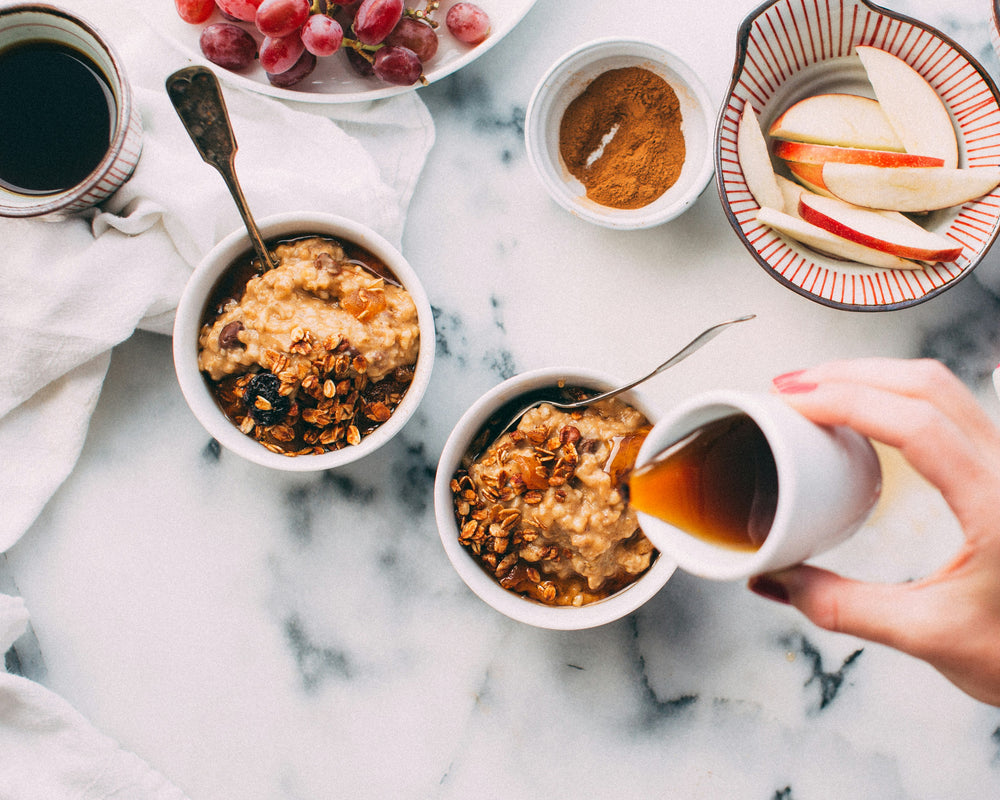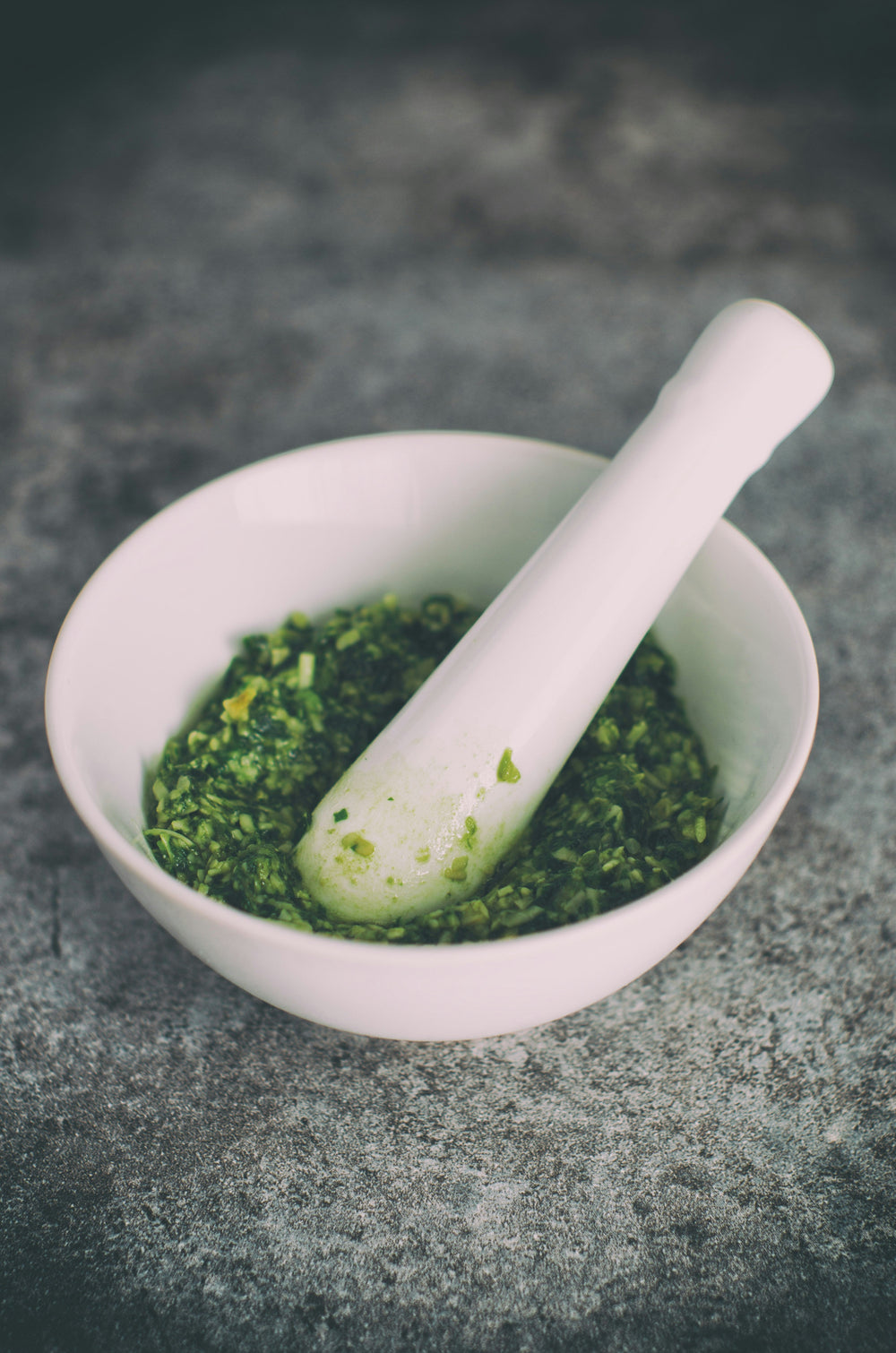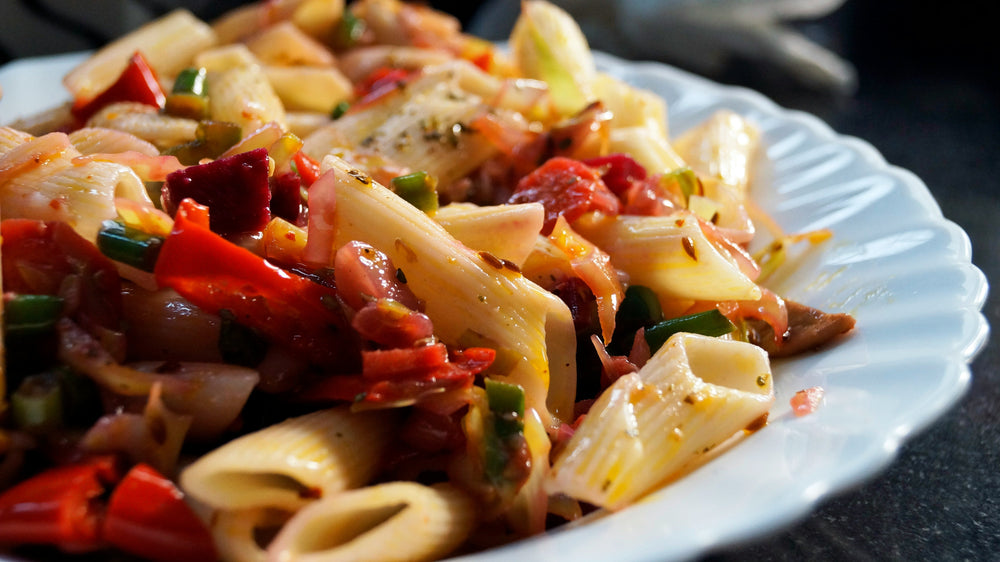rethinking anxiety: the gut-brain connection.
Anxiety disorders affect over 300 million people worldwide, yet treatment remains a challenge. This has led researchers to explore new ways to support mental well-being, and one unexpected area of focus is the gut. Your gut isn’t just responsible for digestion-it communicates directly with your brain through the gut-brain axis. Emerging research suggests that the balance of bacteria in your gut could play a role in anxiety, opening up exciting possibilities for managing symptoms. But how exactly does this connection work, and what does science say about using gut health to support mental well-being? Let’s take a closer look. Why Are Scientists Looking at the Gut for Anxiety Solutions? For years, studies have highlighted a strong link between gut health and mental well-being, particularly in depression. Scientists have found distinct differences in the gut microbiomes of people with depression, including shifts in bacterial groups like Bacteroides, Blautia, and Faecalibacterium. These findings suggest that gut health plays a bigger role in mental wellness than we once thought. Since depression and anxiety often go hand in hand, researchers are now investigating whether similar microbiome imbalances exist in anxiety disorders. Early findings show that some bacterial changes-such as increases in Eggerthella and decreases in Sutterella-are common in both conditions. However, we are only beginning to uncover the full picture of how the gut may influence anxiety specifically. With gut research in depression paving the way, the next few years will likely bring even more discoveries about the gut’s role in anxiety. As science continues to evolve, we may uncover new gut-targeted approaches to support mental well-being alongside traditional treatments. How the Gut and Anxiety Are Linked Several biological pathways could explain the gut’s influence on anxiety levels: Neural Pathways: The vagus nerve acts as a direct communication line between the gut and brain,...

Anxiety disorders affect over 300 million people worldwide, yet treatment remains a challenge. This has led researchers to explore new ways to support mental well-being, and one unexpected area of focus is the gut.
Your gut isn’t just responsible for digestion-it communicates directly with your brain through the gut-brain axis. Emerging research suggests that the balance of bacteria in your gut could play a role in anxiety, opening up exciting possibilities for managing symptoms. But how exactly does this connection work, and what does science say about using gut health to support mental well-being? Let’s take a closer look.
Why Are Scientists Looking at the Gut for Anxiety Solutions?
For years, studies have highlighted a strong link between gut health and mental well-being, particularly in depression. Scientists have found distinct differences in the gut microbiomes of people with depression, including shifts in bacterial groups like Bacteroides, Blautia, and Faecalibacterium. These findings suggest that gut health plays a bigger role in mental wellness than we once thought.
Since depression and anxiety often go hand in hand, researchers are now investigating whether similar microbiome imbalances exist in anxiety disorders. Early findings show that some bacterial changes-such as increases in Eggerthella and decreases in Sutterella-are common in both conditions. However, we are only beginning to uncover the full picture of how the gut may influence anxiety specifically.
With gut research in depression paving the way, the next few years will likely bring even more discoveries about the gut’s role in anxiety. As science continues to evolve, we may uncover new gut-targeted approaches to support mental well-being alongside traditional treatments.
How the Gut and Anxiety Are Linked
Several biological pathways could explain the gut’s influence on anxiety levels:
-
Neural Pathways: The vagus nerve acts as a direct communication line between the gut and brain, transmitting signals that influence mood and emotional responses.
-
Immune System Regulation: Gut bacteria help regulate immune responses. When the gut microbiome is imbalanced, it can lead to inflammation, which has been linked to anxiety and depressive disorders.
-
Metabolic Byproducts: Beneficial gut bacteria produce short-chain fatty acids (SCFAs) and neurotransmitters like serotonin and gamma-aminobutyric acid (GABA), which play a crucial role in mood regulation.
What Does the Research Say About Probiotics and Anxiety?
Several studies have investigated whether probiotics-live beneficial bacteria-can help reduce anxiety symptoms.
One study found that taking a multi-strain probiotic for six weeks improved mood and reduced anxiety in healthy adults. Participants who took the probiotic reported lower stress and depression scores compared to those who took a placebo. Interestingly, the benefits persisted even after supplementation stopped, suggesting a lasting impact on gut-brain communication. Researchers also noted an increase in serotonin, a key brain chemical linked to happiness.
While this particular probiotic didn’t affect other markers like cortisol or inflammation, the findings suggest that certain probiotic strains may help balance brain chemicals and support mental well-being.
Supporting Gut Health for Mental Well-Being
While research into the gut-anxiety connection is still evolving, maintaining a healthy gut may be a proactive step towards better mental health. Simple ways to support your gut include:
-
Eating a diverse, fibre-rich diet with whole grains, fruit, vegetables, and legumes to nourish beneficial gut bacteria.
-
Incorporating fermented foods like yoghurt, kimchi, and sauerkraut, which naturally contain probiotics.
-
Managing stress, as chronic stress can disrupt the gut microbiome.
-
Considering probiotic supplementation, particularly with strains that have been studied for their potential mental health benefits.
Conclusion
The link between the gut microbiome and anxiety is an exciting area of research, offering new insights into how we might support mental well-being through gut health. While probiotics show promise, larger human trials are needed to confirm their effectiveness and determine the best strains and dosages. In the meantime, focusing on a gut-friendly lifestyle-through diet, stress management, and overall well-being-may provide valuable support for both digestive and mental health.
References
Merkouris, E., Mavroudi, T., Miliotas, D., Tsiptsios, D., Serdari, A., Christidi, F., Doskas, T. K., Mueller, C., & Tsamakis, K. (2024). Probiotics' effects in the treatment of anxiety and depression: A comprehensive review of 2014–2023 clinical trials. Microorganisms, 12(2), 411. https://doi.org/10.3390/microorganisms12020411
Walden, K. E., Moon, J. M., Hagele, A. M., Allen, L. E., Gaige, C. J., Krieger, J. M., Jäger, R., Mumford, P. W., Pane, M., & Kerksick, C. M. (2023). A randomized controlled trial to examine the impact of a multi-strain probiotic on self-reported indicators of depression, anxiety, mood, and associated biomarkers. Frontiers in Nutrition, 10, 1219313. https://doi.org/10.3389/fnut.2023.1219313
Zhu, Y., Li, T., & Wang, Y. (2025). The role of probiotics in mental health: A review of clinical trials. Nutrition Reviews. Advance online publication. https://doi.org/10.1093/nutrit/nuae177
Soft, satisfying, and subtly sweet—these breakfast cookies are made to fuel your morning the right way. With fibre-rich oats, plant-based protein, and antioxidant-packed matcha, they’re a gut-friendly grab-and-go option that doesn’t compromise on flavour or function.
Emily's light, gut-friendly crêpes are the perfect balance of fibre, protein, and healthy fats to support digestion and keep you feeling great.
Start your day with a delicious and nutritious breakfast option - Carrot Cake Oats. Filled with fibre diversity to promote healthy digestion.














